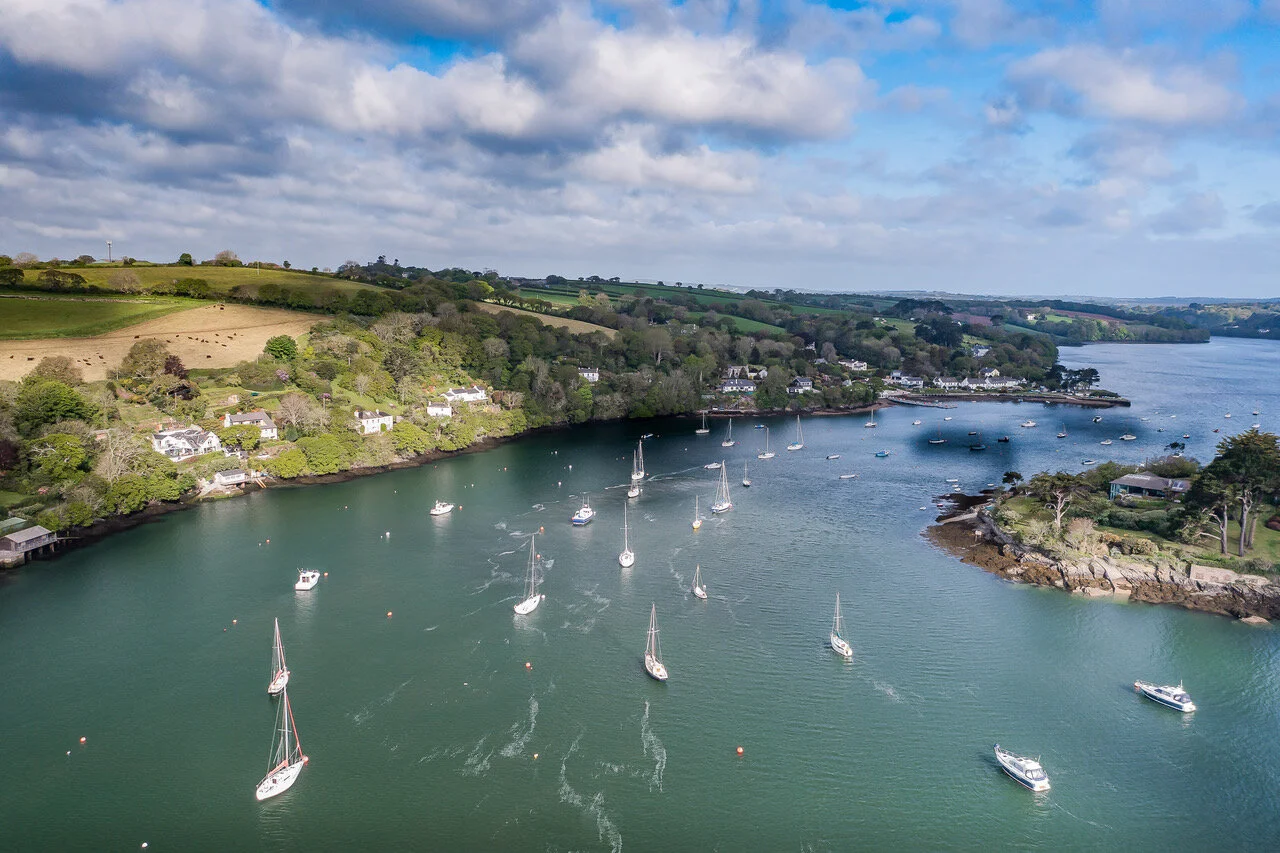Variety is the spice of life so they say
Well Cornwall's market is unique and I am pretty sure there is no other county in the UK where there are so many hugely different types of property, in so many contrasting locations.
A small chocolate box cottage above the dramatic cliffs of West Cornwall - tick.
Classic Georgian vicarage in a traditional rural village - tick.
Uber contemporary house above a sandy surfing north coast beach - tick.
Victorian townhouses - tick.
Collection of barns down a long bumpy track on the moor - tick.
Farmhouse above a sheltered wooded south-coast creek - tick.
And the list really does go on and on.
What's more, properties on the water have complex aspects to them, such as mooring and foreshore rights, and rural property will also be less than straighforward with rights of way, footpaths and so on. A lot of property in Cornwall was once owned by one of the large private estates or Glebe, so there are always covenants to consider too. And then there are conservation areas or Areas of Outstanding Natural Beauty too. Etc!
This is the unique nature of the property market in Cornwall, and probably goes some way to explain why newspapers and magazines devote so many column inches to Cornish real estate.
For those new to Cornwall, it takes some time to get one’s head around it. Two villages may be just a mile or two apart, but the 'vibe', architecture and values of property in each village may as well be on the other side of the country, let alone county. Perhaps the New Forest might be the closest being both rural and coastal in feel, but it only has one coastline, and the land is largely flat too. Some say there is very much one (albeit hugely desirable) culture or lifestyle there, while there are many within Cornwall.
So not only do buyers have to work out where they want or need to live, but also to work out what type of property they want, as of course the full range isn't available in each given location. For example if you want a period property by the water, then you will really need to focus on the south coast as the villages on the north coast were largely formed after the second world war.
For some the location is the driver, but for others it is finding the specific type of property they want, and then learning about that area.
The best advice we can give anyone is to think first carefully about the activities you like doing when you are not working, and then look closely at the locations that are best for those activities. For example, if kite-surfing is your thing, then there are a few beaches that are perfect for that sport. But for those keen paddle-boarders, you will likely need to be on the opposite coast. For yachting, you will need to focus on the deep-water estuaries and the villages around them. For cliff-walking, it's got to be the north coast.
There really is something for everyone in Cornwall, although sometimes one needs to be patient and persistent to be able to actually seek it out and secure it!

